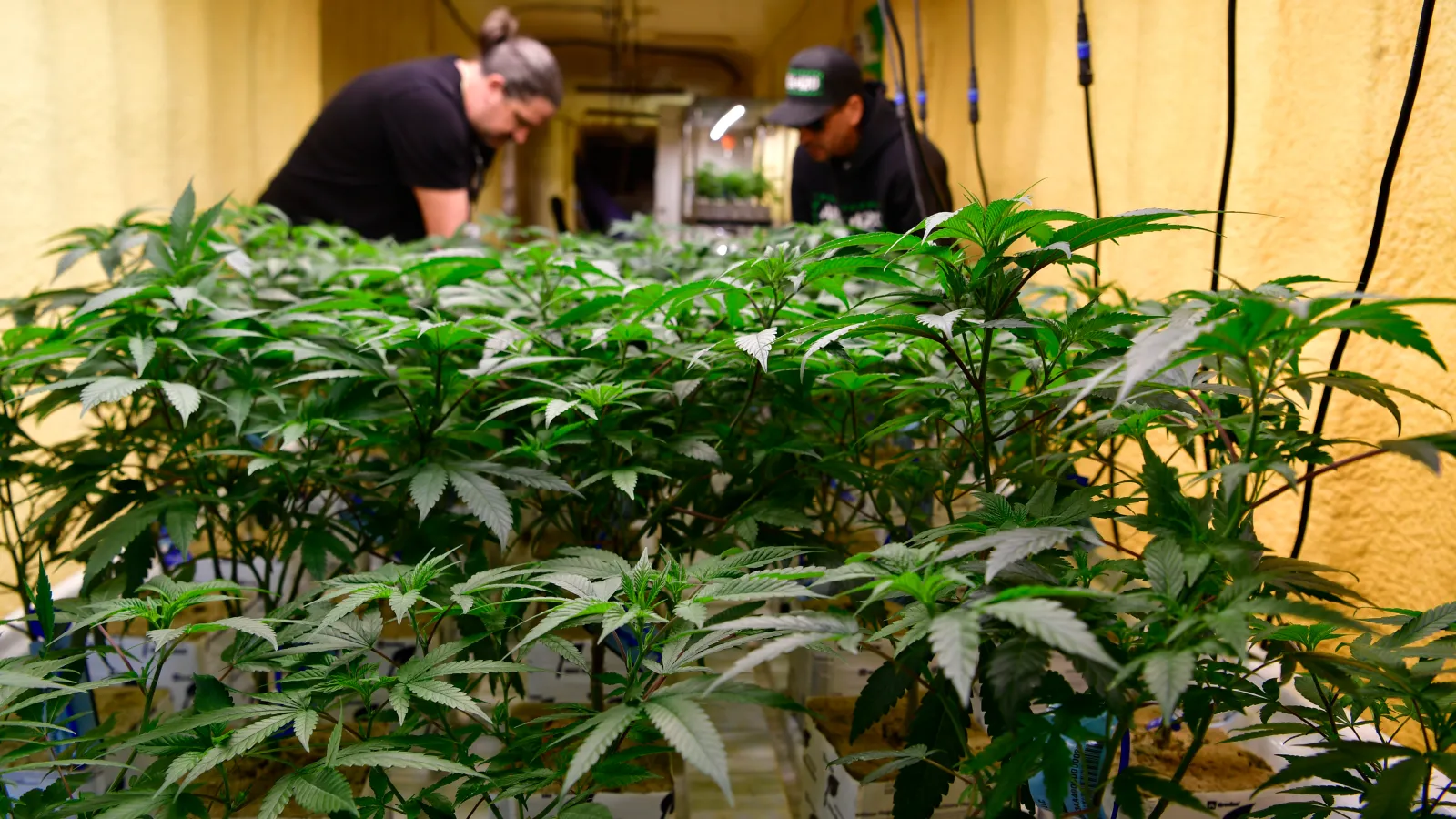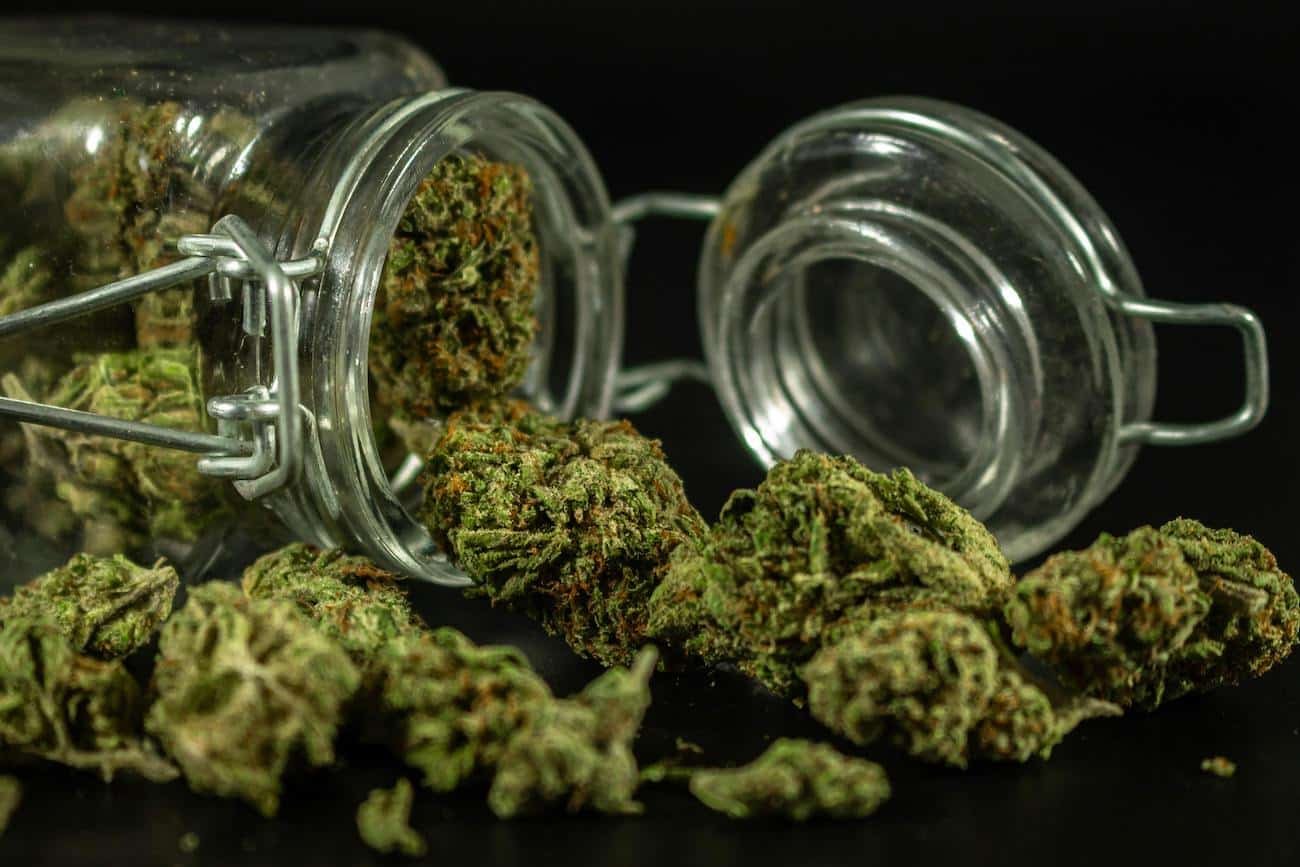In the ongoing discussions regarding federal cannabis policy, a key point often overlooked is the authority of the Attorney General (AG) to reschedule cannabis under the Controlled Substances Act (CSA) with a simple signature. This action does not require Congressional approval or a review by the Department of Health and Human Services (HHS).
Under 21 U.S.C. § 811(d)(1), the AG holds the power to modify the scheduling of cannabis, potentially aligning U.S. drug policy with international treaty obligations outlined in the Single Convention on Narcotic Drugs. The process is straightforward: the AG must determine that rescheduling cannabis to a less restrictive category—such as Schedule II, III, IV, or V—better serves U.S. treaty commitments. This provision allows for a quicker approach than the traditional scheduling process, which typically involves extensive scientific review and rulemaking.
One significant aspect of the Single Convention is its requirement that cannabis be regulated for medical, scientific, and industrial uses, rather than being outright prohibited. The UN Commission on Narcotic Drugs acknowledged the medical potential of cannabis by removing it from Schedule IV, the most restrictive category, yet it remains listed as Schedule I in the U.S. The Schedule I classification implies that cannabis has no accepted medical use, which contradicts the international stance on its therapeutic benefits.
The AG’s ability to reschedule cannabis could lead to immediate advantages, especially for state-legal cannabis businesses. For instance, if cannabis were moved to a lower schedule, the Internal Revenue Code (IRC) § 280E, which imposes heavy tax burdens on cannabis businesses, would no longer apply, significantly reducing their tax liabilities.
While litigation would likely arise challenging the AG’s authority to reschedule cannabis, the statutory framework is clear enough that courts may be hesitant to halt the process. However, this action is not permanent; future AGs could revert cannabis back to Schedule I using the same authority.
To ensure long-term stability for the cannabis industry, Congressional action is essential. Only Congress can establish a resilient legal framework that would prevent the policy from oscillating with each new administration. The States Reform Act 2.0, currently proposed in Congress, aims to legalize cannabis but does not eliminate the AG’s power under § 811(d)(1). Without an amendment to restrict this authority, a future AG could still unilaterally change cannabis’s status, creating uncertainty despite Congressional efforts.
The cannabis industry has invested millions in traditional lobbying efforts over the past six years, but the results have been limited. The sector faces fragmented state regulations, continued enforcement of IRC § 280E, and cannabis still classified as Schedule I. The current lobbying strategies have not effectively advanced the agenda, prompting calls for a revised approach that aligns more closely with the political realities of the current administration.
For cannabis stakeholders seeking meaningful reform, it is critical to adapt strategies to the political landscape, potentially prioritizing financial contributions to key political figures. Engaging strategically in the existing political framework while pushing for desired changes is essential for achieving lasting reform in cannabis policy.
In summary, while the AG has the legal authority to reschedule cannabis and could provide immediate relief to the industry, only Congressional action can create a stable regulatory environment that protects the cannabis sector from future uncertainties.




